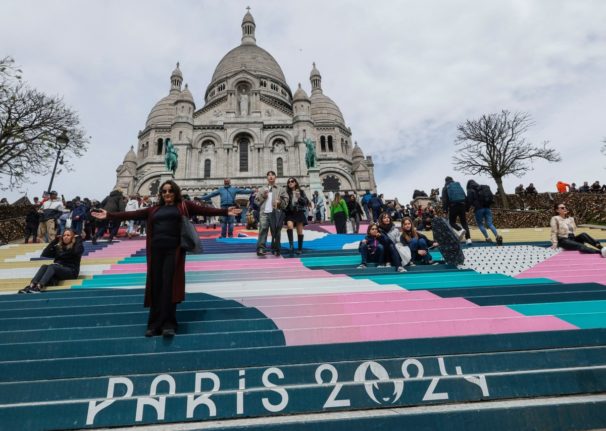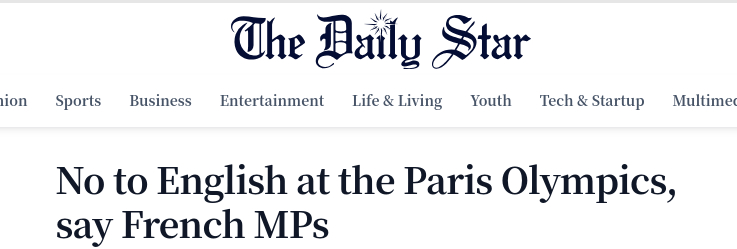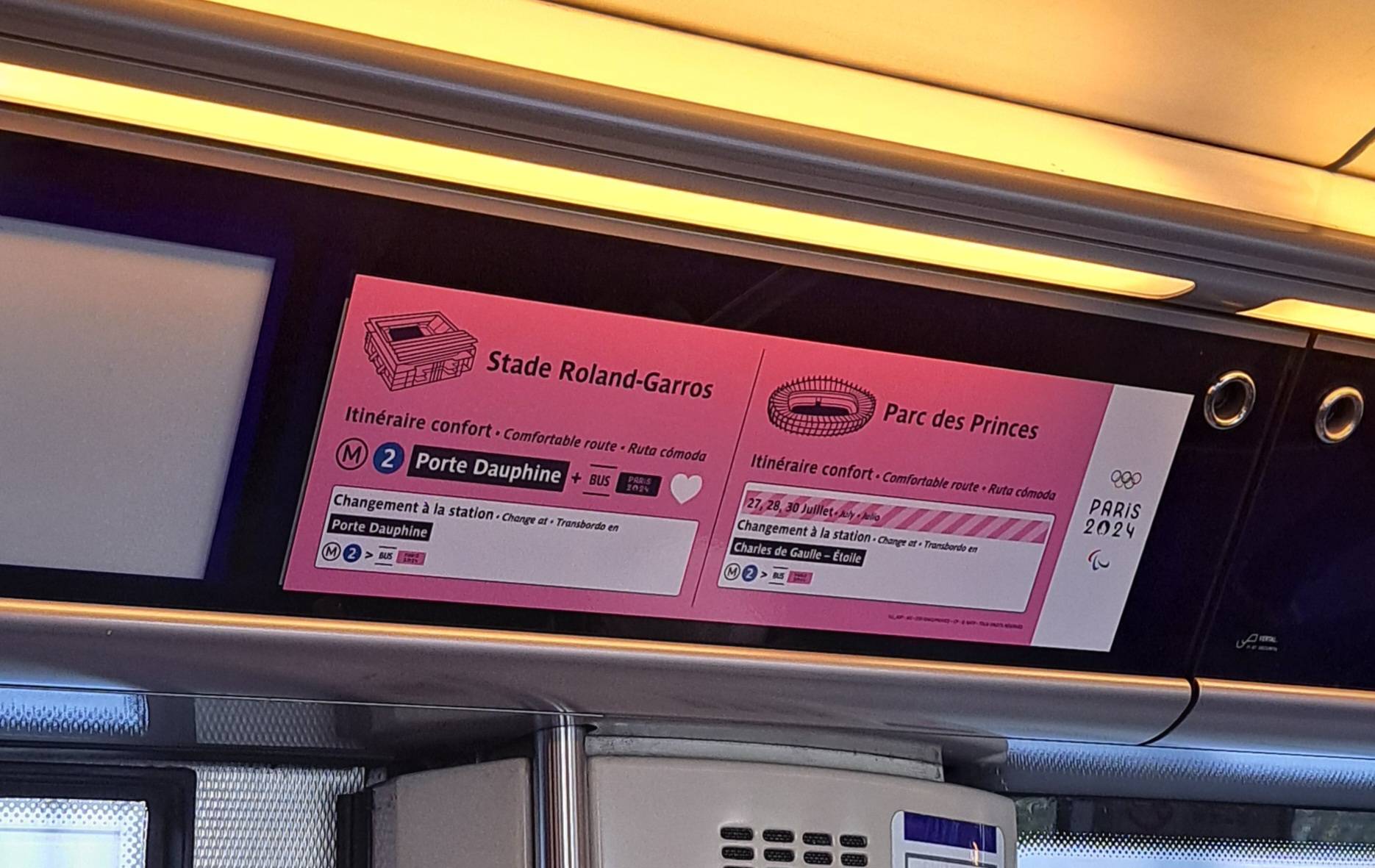What is the change?
The controversy centres on three decrees published by the Interior Ministry concerning the way that police compile files on people who are believed to be a threat to national security.
Specifically, they broaden the type of information that can be recorded on certain types of police file – previously this was limited to a person's activities, now it can include their online and social media activity, as well as more personal information like their political and religious beliefs and membership of organisations including trade unions.
Concerns about mental health can also be recorded on the file.
The three decrees published contain the same changes, but for three different types of file – Pasp security files collected by the national police, Gipasp security files collected by gendarmes and EASP which are the files collated on civil servants before appointment to sensitive roles.
How does France's security dossier system work?
France has a national database called the Fichier des Personnes Recherchées (FPR), which is a database of wanted criminals or people on watchlists that was created in 1969.
This database also contains details of escaped prisoners, people who have escaped from institutions or people barred from entering the country.
The most well-known part of the system is the Fiche S security dossiers – where the letter S stands for 'state security' – and there are different types of Fiches S, with numbers going from S1 to S16.
Around 70 percent of Fiches S are made by the DGSI, the national intelligence service.
The term is most commonly used in relation to terror suspects, but Fiche S is not only for suspected terrorists – football hooligans can also have a Fiches S or radical environmental activists, even if they are non-violent.
In October 2020, the French interior ministry said there were 22,000 people with a Fiche S, of which 8,000 were for radicalisation.
The security dossiers are so well known that they have entered everyday language, with people who are the subject of the files known as fiché S, for example Le terroriste arrêté est fiché S depuis quelques années (The arrested terrorist had been on a watchlist for several years).
Who do the changes refer to?
The expanded information gathering does not cover everyone within the system, only those judged “likely to harm the fundamental interests of the Nation”, “the integrity of the Nation or the institutions of the Republic” or to constitute a “terrorist threat”.
Critics say the first two definitions are too vague and could lead to increased data collection on people engaged in lawful and peaceful opposition to the government.
Who is worried?
Several trade unions, a professional body representing lawyers and Amnesty have all raised concerns about the changes.
Their concerns are twofold; first that the definition of people constituting a threat is too vague and second that the dossiers are moving away from recording activities into opinions, health data and perfectly legitimate activities like membership of a trade union.
[ ATTENTION ] Par décret la semaine dernière, @gouvernementFR vient de s’autoriser à ficher les personnes en fonction de leurs opinions politiques, leurs convictions philosophiques, religieuses ou leur appartenance syndicale. #surveillance
Thread ⤵️ pic.twitter.com/hzzWQBfZbl— Anne-Sophie Simpere (@asimpere) December 5, 2020
Anne-Sophie Simpère, Amnesty France's Advocacy Officer, wrote: “Previously, political, philosophical, religious or trade union activities could be recorded. Now, opinions are enough.”
The CGT, FO and FSU unions and the left-leaning lawyers' and magistrates' unions Syndicat de la magistrature and Syndicat des avocats de France have denounced “the spectre of Big Brother in 2021” in an appeal they filed before the Conseil d'Etat.
What happens next
The decrees were published in the Journal officiel at the beginning of December and were challenged by unions before France's Conseil d'Etat (State Council) which scrutinises new legislation and acts as an arbitrator in disputes between the government and members of the public.
READ ALSO EXPLAINED What is France's State Council?
After reviewing the decrees, the Council on Monday ruled in the government's favour, saying that the decrees do not disproportionately infringe on freedom of opinion, conscience and religion or trade union freedom.
Are there any safeguards in the system?
Yes, there is an independent body which oversees the files, the Commission nationale de l'informatique et des libertés (Cnil).
Cnil provides oversight on how the information is used. A Fiche S can only be kept for two years before it must be reviewed and if necessary renewed – if during that time the person has kept a low profile the file is destroyed.
Cnil has gives its approval to the new decrees, although it requested clarification on the definitions of people defined as a threat.





 Please whitelist us to continue reading.
Please whitelist us to continue reading.
Member comments